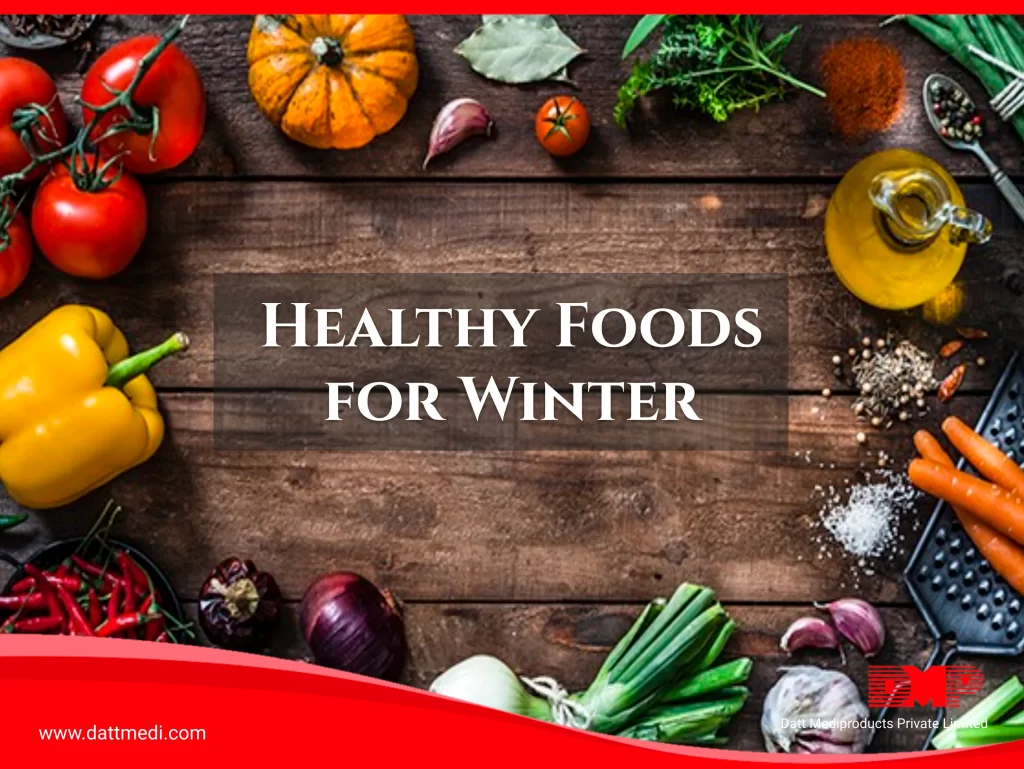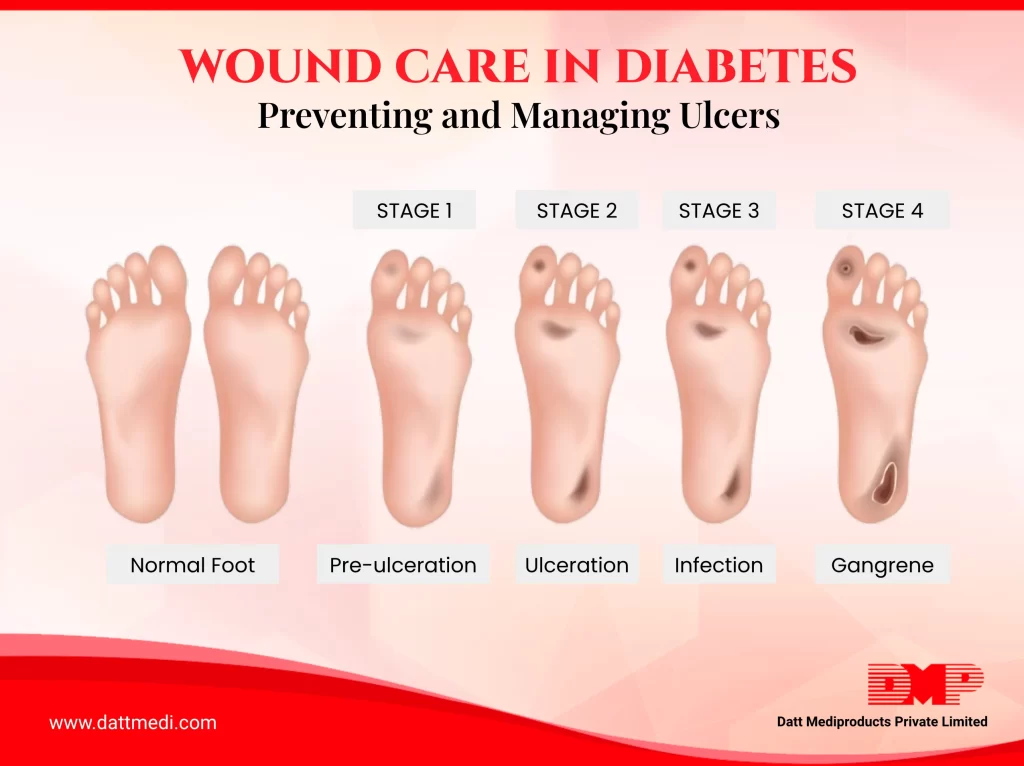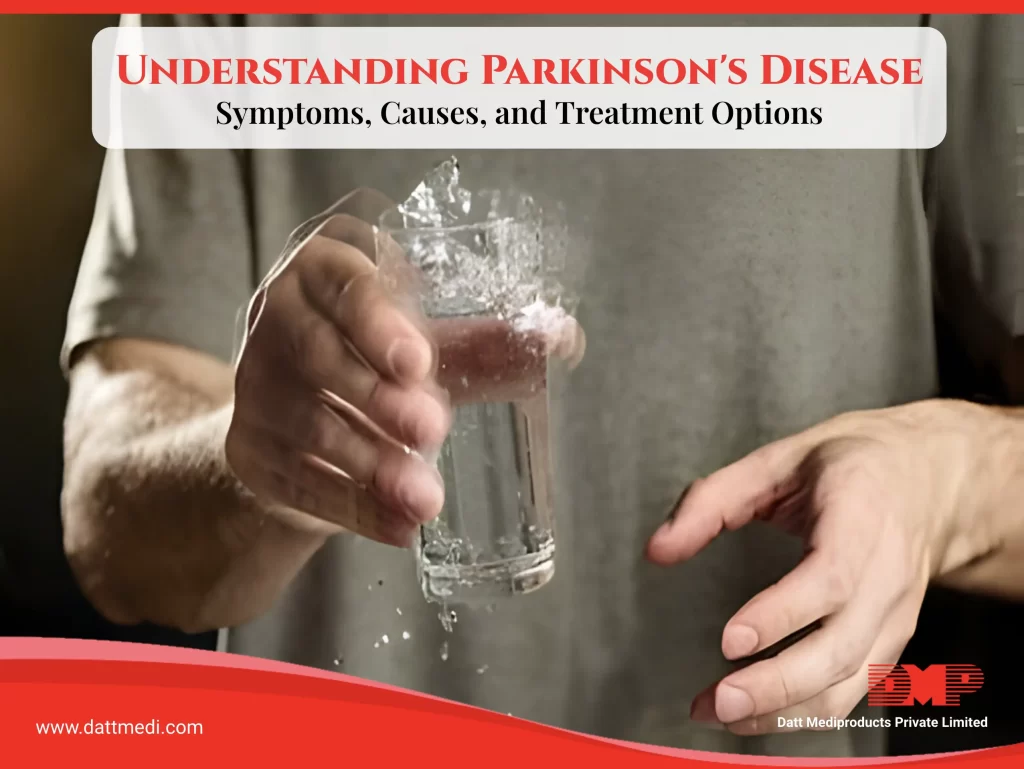
With winter approaching fast, people are making a lot of changes to their everyday routine; winter coats need to be brought out, the thicker blankets will be on the bed, and heavy-duty moisturizers will be on the vanity. That’s about it right?
No! There is a lot more than you need to do to make sure that you are prepared to give winter your best shot!
Winters come with colds, coughs, and weight gain. It is important to eat a healthy and well-nourished diet. This will help keep the immune system strong, which in turn will protect us from catching illnesses and winter lows.
This list of healthy foods types and tips for winter will help you take care of your health, and ensure that you receive the required nutrients:
Make time for a Healthy Breakfast: Breakfast is the most essential meal of the day. Oats are not just a convenient food but a great start to your morning. Oats provide essential winter nutrients like zinc and soluble fibers. These nutrients play an important role in a healthy heart.
Tip: Seasonal fruits like apples, pears, dates, or nuts could be used as toppings with oatmeal to add some extra tasty health benefits.
Root Vegetables: These are the gems of the earth as they grow under the soil and absorb all the proper nutrients that are available. They are not only rich in fiber but are also delicious and sweet and are a good option to be used in soups and stews. They are a good source of Vitamins and help relieve cold symptoms.
Tip: Roasted carrots can give a good dose of beta-carotene, or boiled turnips can boost vitamins C and A. Beets, turnips, parsnips, are other root vegetables with a lot of health benefits.
Foods rich in Vitamin C: Foods like root vegetables, citrus fruits, red peppers, tomatoes should be added to the meals as they contain Vitamin C. Vitamin C is very important as it enhances immunity and energy levels.
Cruciferous Vegetables: Cruciferous vegetables like broccoli and cauliflower help enhance the immunity. They are an amazing defense against winter sicknesses, as both are rich sources of Vitamin C, which is an essential nutrient for winters.
Soup: Chicken broth or vegetable broth soups could be a perfect food option for winters. Or you could make a hearty vegetable base soup like a pumpkin soup.
Foods Rich in Zinc: Winter is the season of colds and flu because we come in contact with a greater number of viruses. Zinc contributes to protecting us against colds & flu.
Tip: Spinach, Oysters, Legumes are good sources of zinc.
Eat foods rich in Iron: Green leafy vegetables, red meats etc. are a good source of iron which helps strengthen our immune system and fight flu viruses.
Vitamin B12: Vitamin B12 is a unique vitamin helps keep our nerves working properly and makes healthy blood cells. Proper B-12 levels reduce fatigue and tiredness.
Tip: Vitamin B12 is found in milk, eggs, cheese, and fish like salmon and cod.
Avocado: This fruit has gained a lot of popularity, and rightly so! It is an excellent source of monosaturated fats, magnesium, and potassium! This fruit helps reduce bad cholesterol and provides your body with the healthy fat needed to absorb nutrients from the food.
Green Tea: Green Tea is an ideal hot beverage for winters as it contains vitamins and minerals. Green tea also contains antioxidants like catechins, which help fight viruses.
Sticking to a healthy diet won’t prevent you from picking up winter illnesses, but it can help maintain your immune system to better protect you. And should you fall ill, a nutritious diet can help speed up your recovery.
So, don’t wait to get sick this winter. Eat Healthy and Stay Fit.
We @ Datt Mediproducts wish you Happy & Healthy winters.




